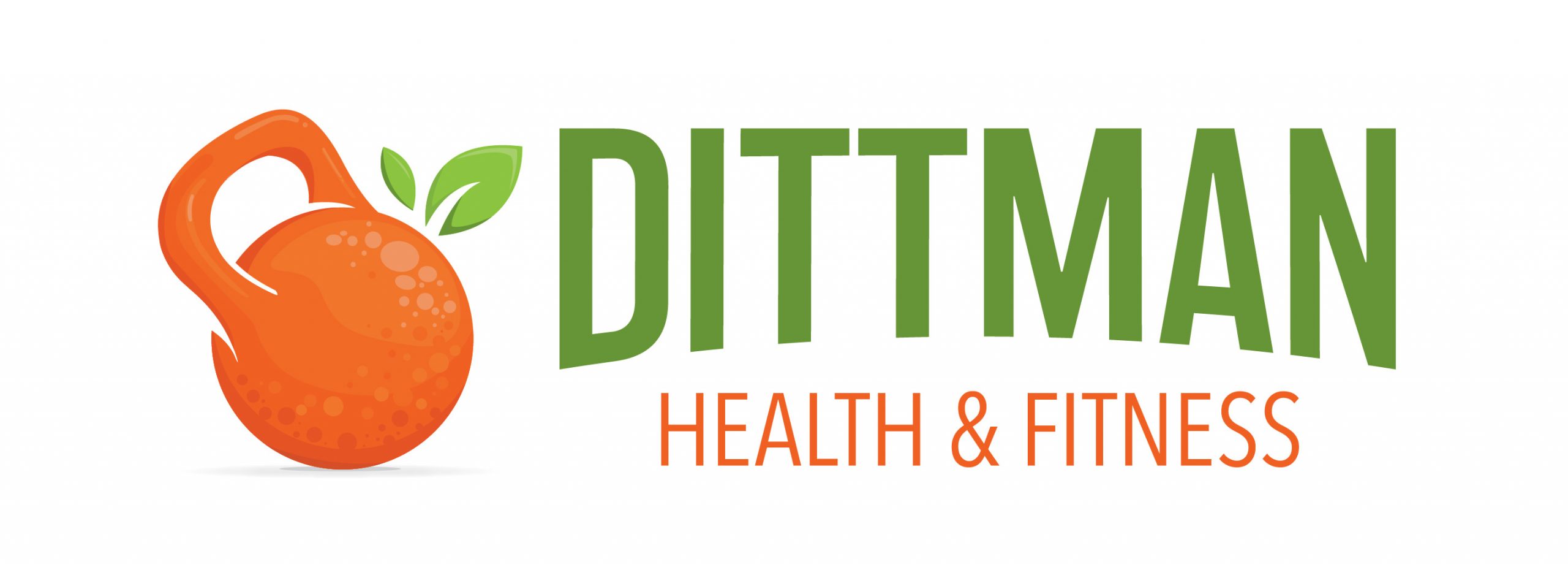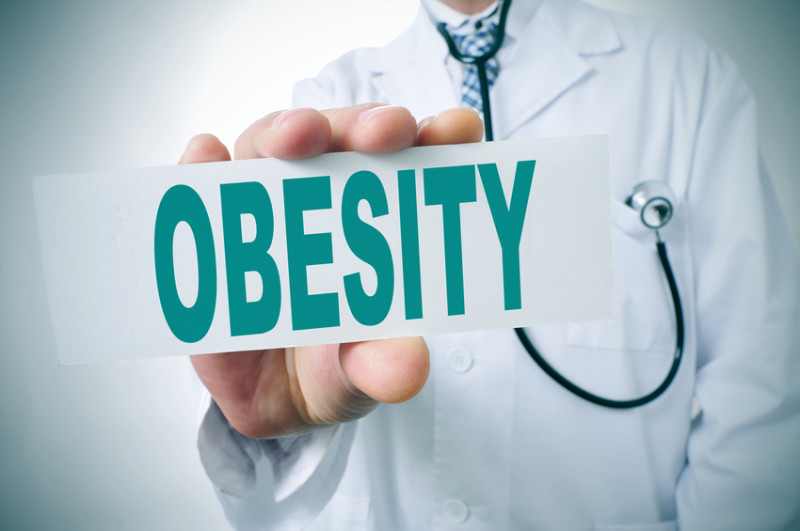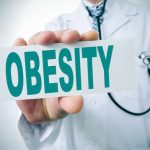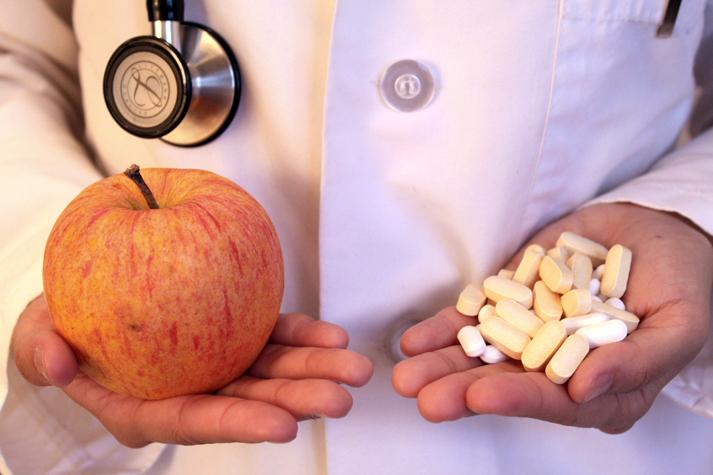A recent article on Medscape claims that “experts” are now saying that obesity is a disease, not a choice. The claim is made that obesity is a physiological state and that “overeating does not cause obesity, obesity causes overeating”. The article goes on to state the best things to do for someone who is obese; follow a healthy diet, exercise more, stress reduction, and more sleep.
Having worked with clients who are overweight or obese, I have some thoughts on this.
Number one, sometimes no matter what intervention you may try as a medical professional, Dietitian, personal trainer, or concerned family member or friend, you cannot make a person change. This is a hard pill to swallow, especially to those who are in professions trying to help people. I’ve been training clients for a few years now. I can motivate, educate, and inspire people to the best of my ability but at the end of the day, the client is the one who has to make changes. As the old adage goes, you can lead a horse to water but you can’t make it drink.
Now, I’m not absolving professionals of their role in all this; far from it. I think having a good coach, doctor, or trainer can make a huge positive difference in the lives of clients. Likewise, having a poor coach, doctor, or trainer can absolutely have a large negative effect as well. It is our responsibility as professionals to know our stuff and stay on top of the game. Most importantly, we need to know each client as an individual and know what works and what doesn’t work depending on their personality and circumstances.
Number two, I think that obesity is caused by two main factors: overeating and lack of sufficient exercise. As far as overeating goes, I highly disagree that obesity causes overeating. How did the person get obese in the first place? Are you telling me someone is obese out of the womb and then they start overeating? No, a person becomes obese after years of eating way too much junk food, drinking soda and/or alcohol, and not moving enough. The disease, if you even want to classify it as such, should be addiction to food or binge eating. Personally, I think we get too caught up in these disease vs not disease debates.
At any rate, a person becomes obese- they are not born that way. And it is a choice. It’s like saying someone who is addicted to drugs has a disease. Yes, they are addicted. But, they still have a choice, and they made choices that led them down the path they ultimately took. There have been many people who have overcome their addiction-be it drugs, cigarettes, alcohol, gambling, etc. The difference is these people had the mental resolve and pro-activity to change their lives. Sadly, some people do not.
So is obesity a choice, or a disease? It can be both. But from what I have seen obesity is a more a mental disorder than anything- people just can’t stop eating too much and/or begin exercising. In my opinion, that is either a lack of knowledge of what to do or a lack of discipline to do it consistently. If that classifies as a disease, who really cares. One of the hardest things in life for people to do is change. Habits are so ingrained in our subconscious that it takes a long time to override them. But it can be done. What matters most is that all of us- healthcare professionals, personal trainers, family, and friends- are there for the individual and support them to the best of our abilities.
Sources:
https://www.medscape.com/viewarticle/896444#vp_2




